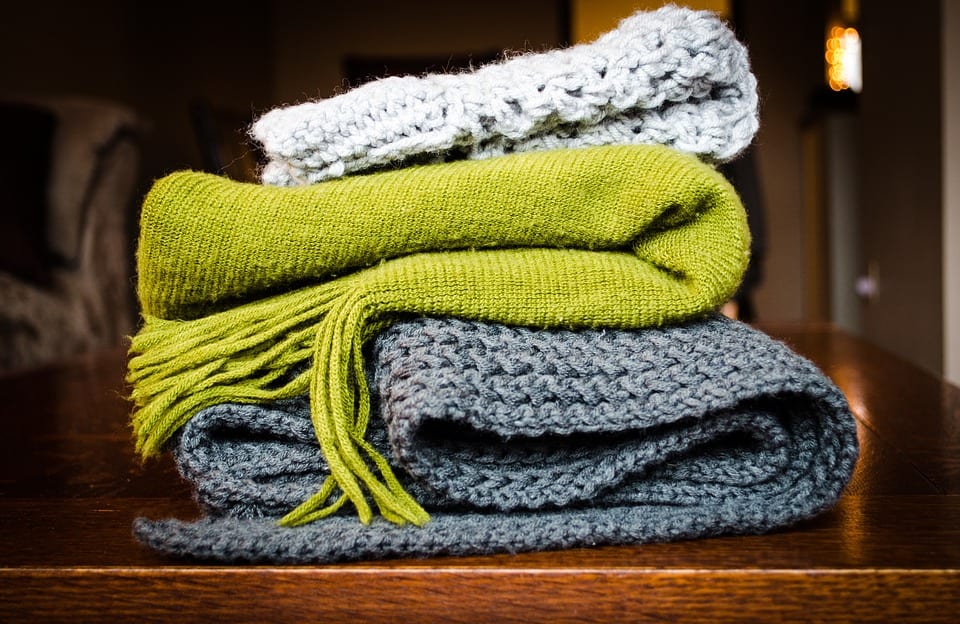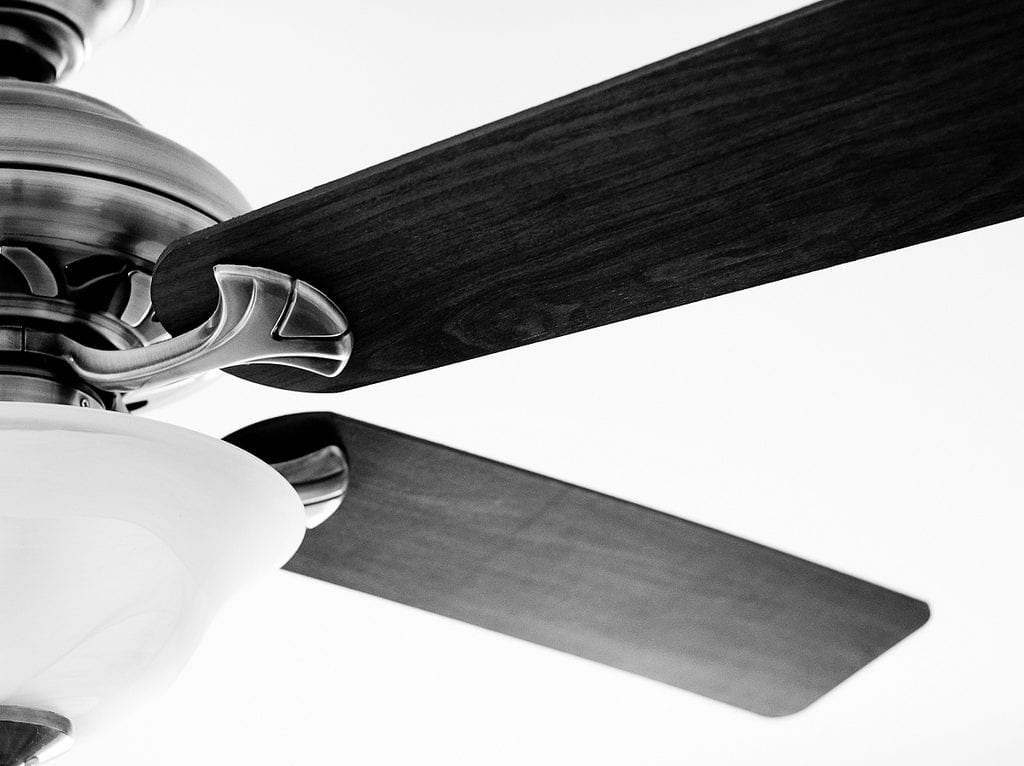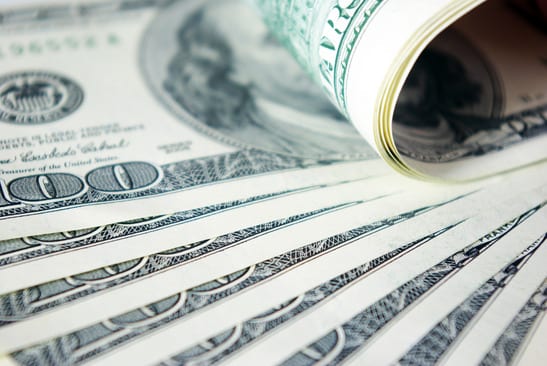
Winter can be such a beautiful time of year, but hard on your wallet. Don’t worry if you can’t afford major improvement projects to make your home more energy efficient. Keep your money in the bank by using these tips to help save on energy costs this winter.

Bundle up in long sleeves, sweatshirts, warm socks and slippers. Keeping your home even just a few degrees cooler than normal can add up to big savings. Place plenty of big and soft blankets around the house on beds, couches, and arm chairs. Switch out bed sheets to thicker warm ones, such as flannel. No one enjoys walking on cold hardwood, concrete, or tiles floors; area or throw rugs are a great way to eliminate cold surfaces.
If you haven’t yet, invest in a programmable thermostat. To rack up savings, we recommend scheduling so it’s 7-10 degrees cooler when you’re not at home and when sleeping. Most people spend a good portion of the day at work, so don’t heat a house you’re not in. You should also take advantage of natural lighting to help heat your home. Be sure to open curtains during the day to allow the sun to shine through, but remember to close them at night to trap the heat in.

Hot air rises, which isn’t helpful in these cold winter months. Make sure your ceiling fans are adjusted so they run in clockwise, sending that wonderful warm air back down and ensuring the air is properly circulated. Getting tricked into thinking your home is colder than it really is means money out of your pocket.
After using the oven, take advantage of the free heat! Leave the door cracked to let the heat escape into your kitchen and nearby rooms, taking some of the pressure off your furnace.
Check the vents in your home for any furniture or items in the way. Covered vents are unable to properly deliver heat throughout your home. If you don’t use a room often, consider closing the vent in that spaces so the heat can be redirected. You don’t want any heat to go to waste.

As helpful as kitchen and bathroom exhaust fans are to remove unwanted odors, smoke, and excess moisture, they also get rid of a lot of hot air. If you want to save money, you should use them sparingly during the winter.
You don’t need to spend a ton of money to save on heating/energy costs. Work with what you have until you can afford those bigger changes later. All of these common-sense tips should cost a couple dollars and take only minutes to do.
Check out our tips on how to prepare your home for winter for more ways to get your home ready for these long and cold months!
If you suddenly lost your job, would you be able to live comfortably until you found a new one? Emergency funds are your financial cushion in case the unexpected happens.

Why you Need One
Having an emergency fund allows you to have a financial safety net in case there is a major change in your life that affects your finances—job loss, or an medical emergency for example. Having one can help give you time to make adjustments when there is a gap between your income and expenses.
How Big it Should Be
The general guideline is to have about 3-6 months worth of income (or living expenses) in your emergency fund. This is meant to help you if lose your job or are out of work for an extended period of time due to a medical or family emergency. Having additional funds above these guidelines (if you can afford it) will allow you to have more stability.
If you were to lose your job, it may take a few months or more to find another job. The Wall Street Journal, did a study where candidates spent about one month looking for every $20,000 they earned in annual salary in their former positions. Consider how much you can afford to save, and how much money you need saved to feel comfortable.
To determine what your goal is, you need to calculate how much your basic monthly living expenses are. Add up how much you spend on food, mortgage or rent, utilities, automobile payments, and any other necessities. Leave out luxuries such as going out to eat and gym memberships. Multiply this number by three to six to find your ideal emergency fund goal. If your monthly expenses are $3,000 per month and you want to have enough money for three months, your goal will be $9,000.
How to Start Saving
It can take a long time for you to save of one month’s worth of expenses, let alone three to six months or more. Open up a separate savings account, and if possible use an account that can help you earn a reasonable amount of interest. Since you’ve already looked at some of your luxury expenses, cut one or more of these expenses and put that money in this account every month.
You might want to start with something small like $10 a week, and once you get comfortable you can increase this number to $15 then $20, and so forth. If you are able to save $20 each week for a year, you will accumulate $1,040 plus interest. It may take a few years to build your emergency fund, and that is okay—it will be well worth it once you’ve reached your goal.
When to Use it
Make sure that it is clear to yourself and your spouse or partner that this is for emergencies only. If it’s helpful, write down what constitutes an emergency so there are no premature withdrawals from this savings account. You should use your fund if you or your spouse/partner loses their job, someone in your household has an unexpected medical procedure, or if you need emergency repairs on your house or car. If you decide that you want new furniture or a new car, you can create a separate savings account for it instead of using your emergency fund.
If you do not have an emergency fund, consider starting to build one today. Saving a few dollars a week can have a positive impact on your future.